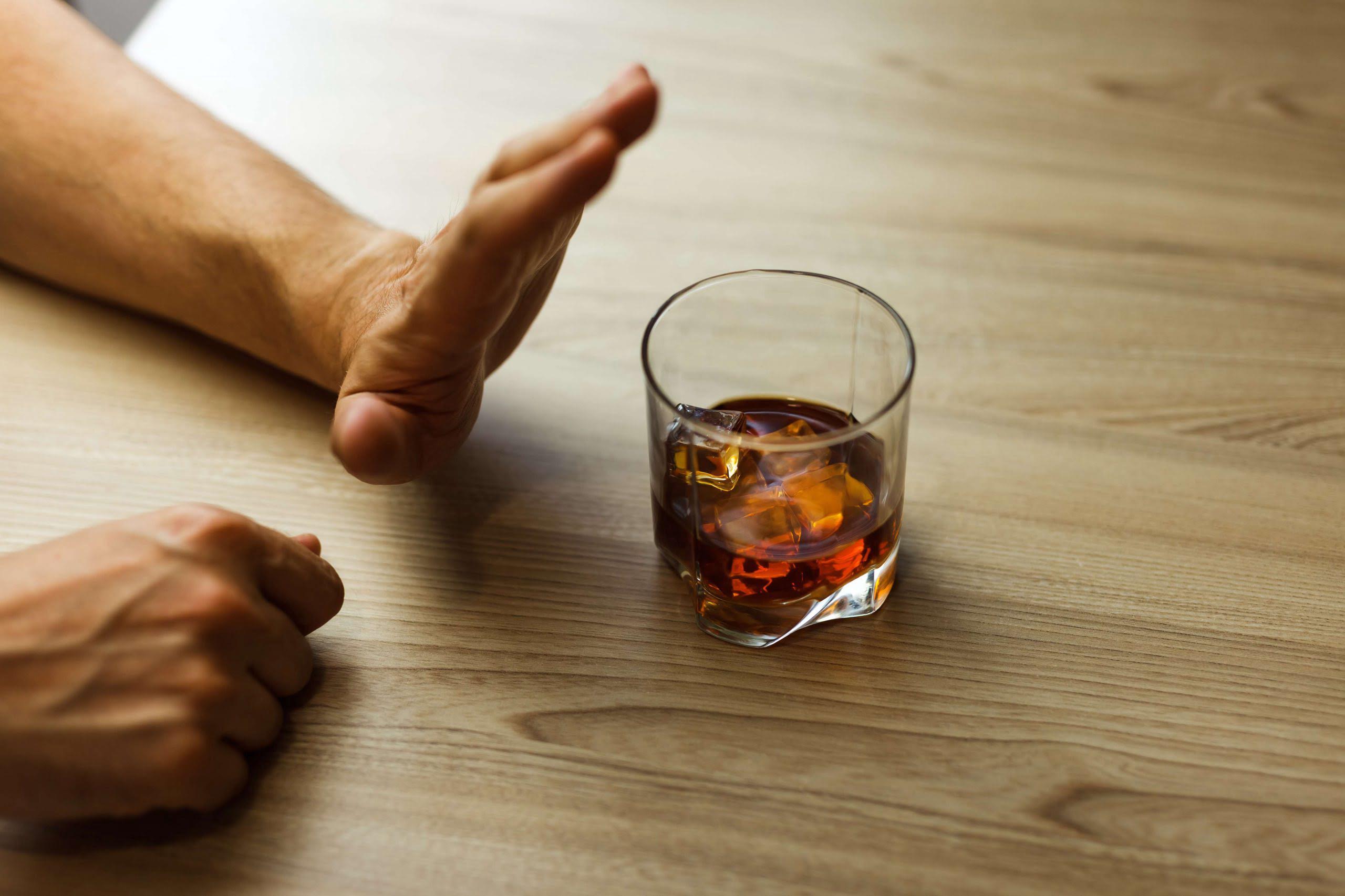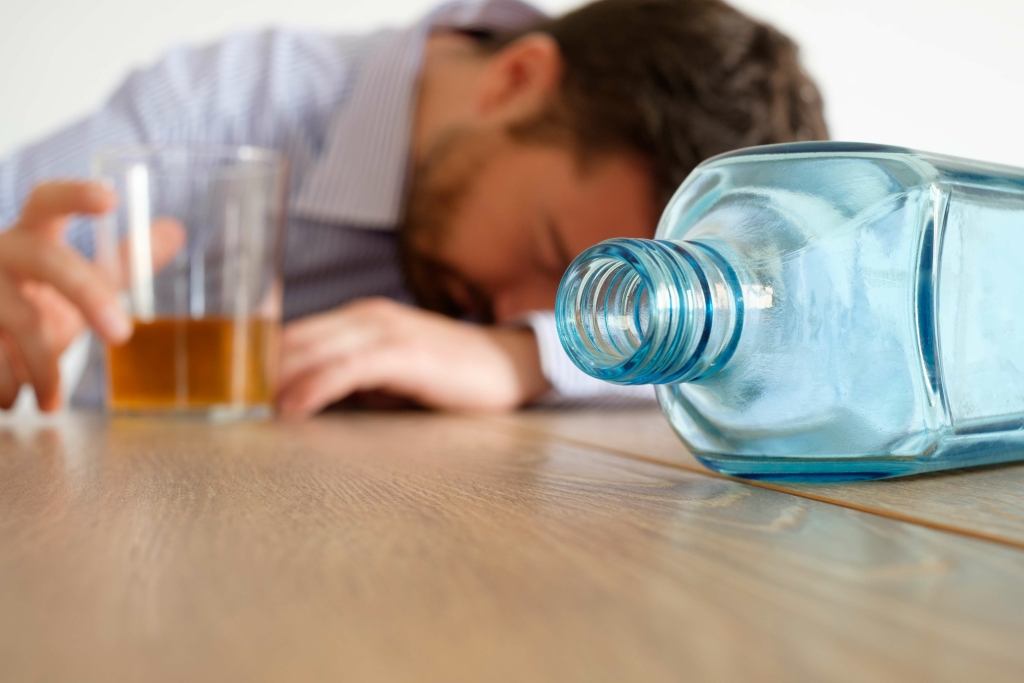When researching in the early 2000s, amid an era of heavy alcohol and party drug use, Pennay remembers young people discussing hedonistic abandon and their wish to switch off by “getting obliterated and having a good time”. It’s the opposite now – Pennay finds that Gen Zers tend to opt to recharge their batteries during time off from work, or work on furthering their study or https://www.vitaminov.net/page/2466/ personal development. But Gen Zers are taking it slow as they enter adulthood, either by not drinking at all, or drinking less often and in less quantity than older generations. Of those who do drink, the largest portion of young Europeans (defined as over the legal drinking age up to 39) drinks once a month (27%), while in the US, the biggest group drink once a week (25%).
Exercise increases endorphins, which are the “feel-good” chemicals in the brain. It can be a good replacement for the release of endorphins caused by drinking alcohol. If you are invited to a bar or restaurant for a social gathering and want to take this approach to being sober curious, try to only attend events at places where alcohol isn’t the main focus.
Ugh, drunks love to get all Dr. Phil on their relationship issues.
Take our short alcohol quiz to learn where you fall on the drinking spectrum and if you might benefit from quitting or cutting back on alcohol. Laying off drinking means you’ll have extra time for self-care sober activities. Meditation is one way to strengthen your mind, promote relaxation, and work on becoming the best version of yourself.
Keep in mind that self-help strategies are helpful tools, but you may need additional help to remain sober long-term. Addiction treatment can be beneficial in helping you learn coping skills, gather insight into any underlying co-occurring issues, and develop relapse prevention methods that can assist you in maintaining long-term sobriety. With Gen Z now accounting for one-third of the global population, the alcohol industry is adapting to young people’s new preferences. http://gadwall.ru/?page=3 Emma Hutchison, founder of the global drinks agency Sweet & Chilli and the owner of three bars in London, has noted a shift towards quality over quantity among young people. Instead of constantly sipping sugary alcopops, now they might order a cocktail – or mocktail – to last the night. Indeed, a late 2021 study found that over 21-year-olds in the US prefer hard beverages like spirits or hard seltzers, champagne, and drinks with little or no alcohol, over wine and beer.
Control your environment
It’s just not like this in other parts of the world,” he says. In a study that followed 94 moderate-heavy drinkers who gave up alcohol for a month, participants experienced improvements in insulin resistance, blood pressure, and weight, compared to their peers who did not abstain. Every year, millions of people across the world give up alcohol for a month—a tradition that started as Dry January, and has expanded into similar efforts, such as Sober October. Whether it’s part of a coordinated campaign, or simply an individual attempt to drink less, the number of sober-curious people among us seems to be growing.
While the active desire for using alcohol may disappear with time, random cravings are lasting. Oftentimes, these pop up when the user is feeling stressed or sad or when they are in environments where people are drinking freely. The greater fight—and arguably, the harder one—is staying clean for life.
Embrace the Joys of Sobriety
Depending on the type of dependency, PAWS can last from six months to two years after you stop using drugs or alcohol. Some definitions of sobriety call for complete lifelong abstinence while others focus on developing coping mechanisms that can reduce harm with the understanding that setbacks are common. However, research suggests that while 12-step groups are effective, people often don’t continue their involvement at beneficial levels over the long term. This article discusses what sobriety means and describes strategies that can support your long-term recovery. It also covers tips on how to deal with the challenges you’ll face on your journey to sobriety.

Having said that, we also know clearly that certain environments, occasions, and people, can help or hinder recovery. Family and friends, often having suffered greatly too from their loved one’s drinking, may find this a worrisome time of year, wondering how their newly sober http://biketrials.ru/live/member.php?u=9217 loved one might cope. They often desperately want to do the right thing but are unsure which tack to take. In a society where so many social events revolve around the consumption of alcohol, it may be difficult to say “no” when friends ask you to join them at a bar.
Being sober curious may help provide insight into how you relate to alcohol. Some people who don’t drink alcohol have made a conscious decision to eliminate alcohol from their lives, sometimes through the help of a 12-step program such as Alcoholics Anonymous (AA). A residential treatment program can help you develop tools and strategies for a successful life in recovery, including how to handle triggers and temptations. Also, an aftercare program and 12-step meetings can provide continuing support after alcohol rehab to make it easier to avoid relapse and maintain your recovery.

